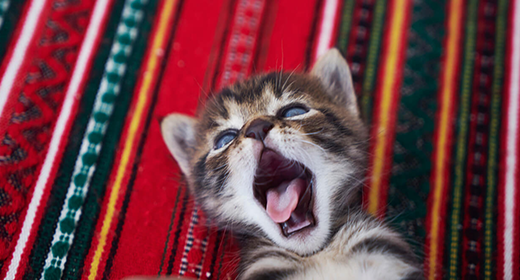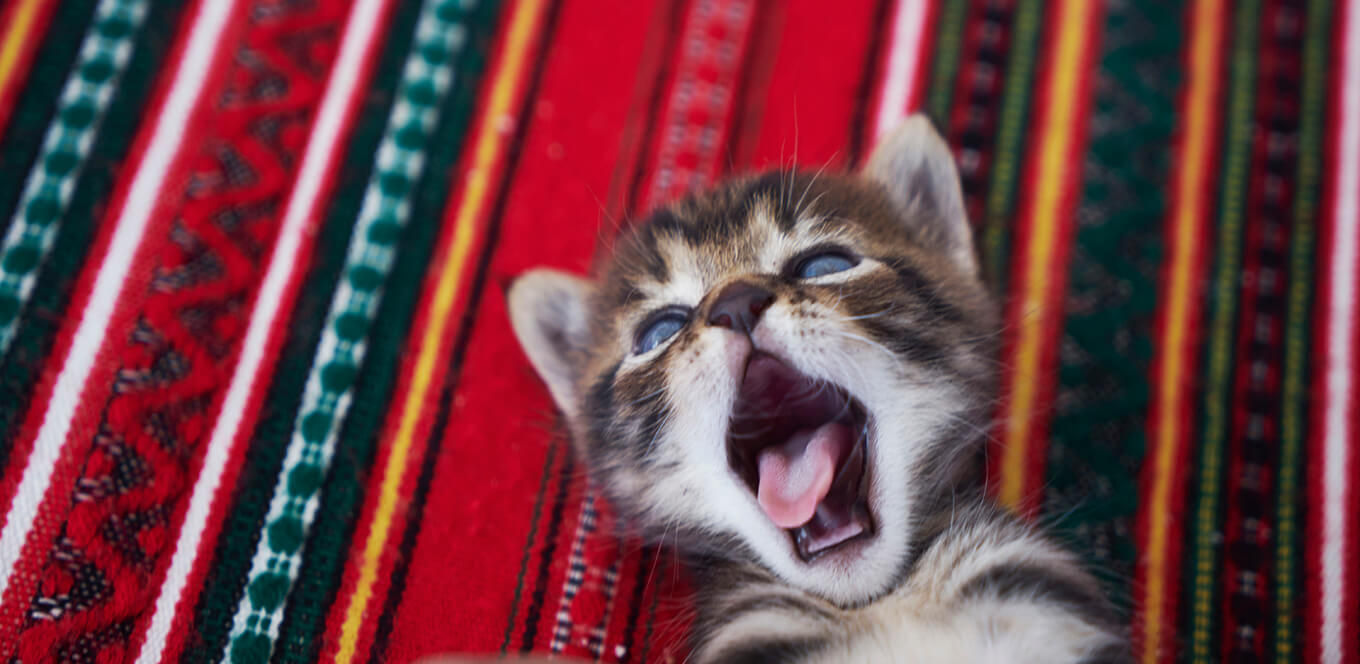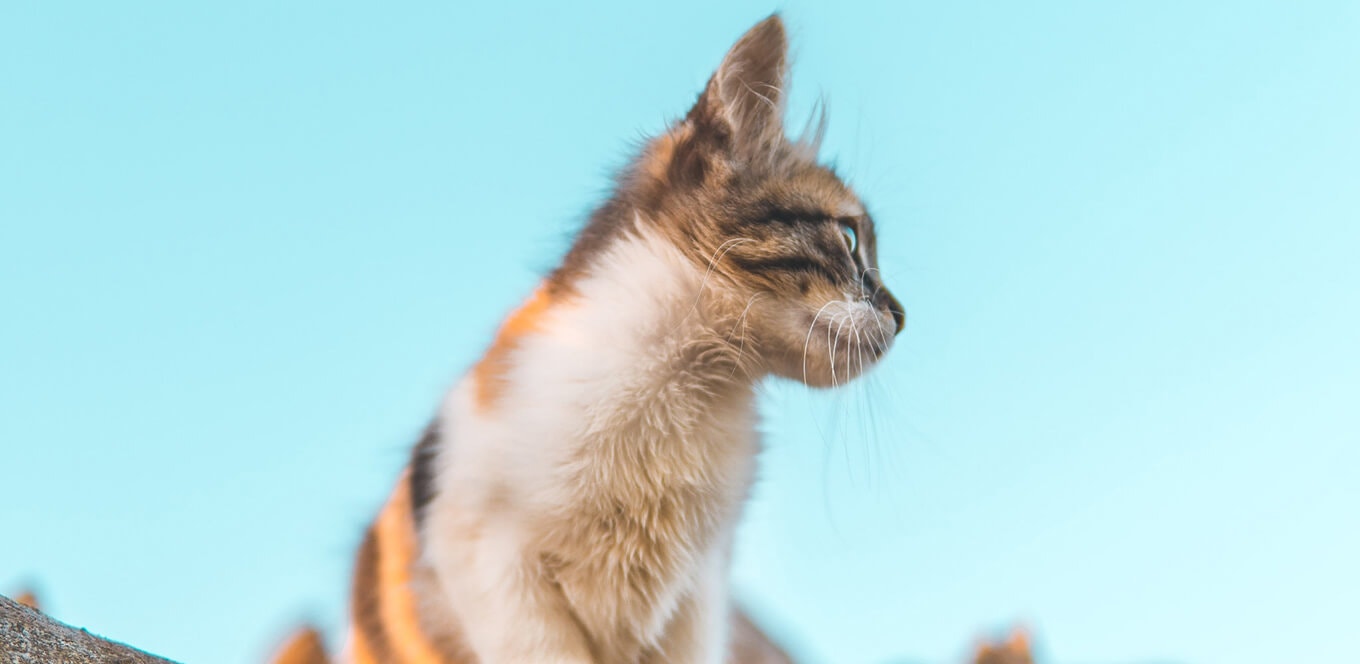

Taking care of a kitten is a big responsibility. But in addition to nutritious food, a warm place to sleep and plenty of play time, did you know kittens also need their teeth cleaned on a daily basis? Seventy percent of cats show signs of oral and dental disease by age 3 — but that doesn’t mean your kitten has to be among them. Here’s what you can do to take care of your kitten’s oral health.
There are three preventive measures you can take to ensure your pet’s oral hygiene doesn’t become a problem. They’re often referred to as the three D’s:
The first step in taking care of your kitten’s oral health is daily brushing. When you brush your kitten’s teeth, you remove plaque and slow the development of tartar. One of the easiest ways to do this is with a finger brush, which is available at most pet stores. Don’t forget to reward your kitten afterward with plenty of praise and play time!
Just like you, your kitten could benefit from annual or semiannual teeth cleanings. Vets refer to the cleaning as a dental prophylaxis. Besides helping keep your cat’s teeth and gums healthy, it’s the only way to remove tartar.
Dry food can be especially beneficial for oral health because the mechanical brushing action of dry kibble helps remove plaque and works to scrub your kitten’s teeth clean.
If you’re concerned about the health of your kitten’s teeth and mouth, keep an eye out for these signs of dental disease.
More than 300 types of bacteria naturally reside inside your kitten’s mouth. And when she eats, small food particles and saliva combine with the bacteria to form plaque. If plaque is left on the teeth, calcium in your pet’s saliva hardens it, resulting in a hard yellow-brown deposit on her teeth called tartar.
Your kitten lets you know a lot about how she’s feeling through the way she behaves. The following behaviors can indicate an oral health issue or periodontal disease:
Of course, a lot of these symptoms could signify other health issues, so it’s important to let a trained professional diagnose any health problems your pet may be having.
Nobody likes to deal with dental issues, your pet included. And even though your kitten can’t talk, that doesn’t mean she isn’t in pain. But if you’re armed with the three D’s of dental hygiene, your furry friend is sure to be happy and healthy for many years to come.




Wheat is a grain used as a high-quality carbohydrate source in dry cat foods. It provides energy for daily activity, as well as processing characteristics for the food. IAMS™ research has shown that including wheat in a complete and balanced diet resulted in a moderate glycemic response in dogs and cats, lower in general than that observed when a rice-based diet was fed.1,2
A common misconception is that feeding wheat causes food allergies. Here are the facts:
1 Sunvold GD. The role of novel nutrients in managing obesity. In: Recent Advances in Canine and Feline Nutrition, Vol II: 1998 IAMS Nutrition Symposium Proceedings. Carey DP, Norton SA, Bolser SM, eds. Wilmington, OH: Orange Frazer Press, 1998; 123-133.
2 Bouchard GF. Effect of dietary carbohydrate source on posprandial plasma glucose and insulin concentration in cats. In: Recent Advances in Canine and Feline Nutrition, Vol III: 2000 IAMS Nutrition Symposium Proceedings. Reinhart GA, Carey DP eds. Wilmington, OH: Orange Frazer Press, 2000; 91-101.